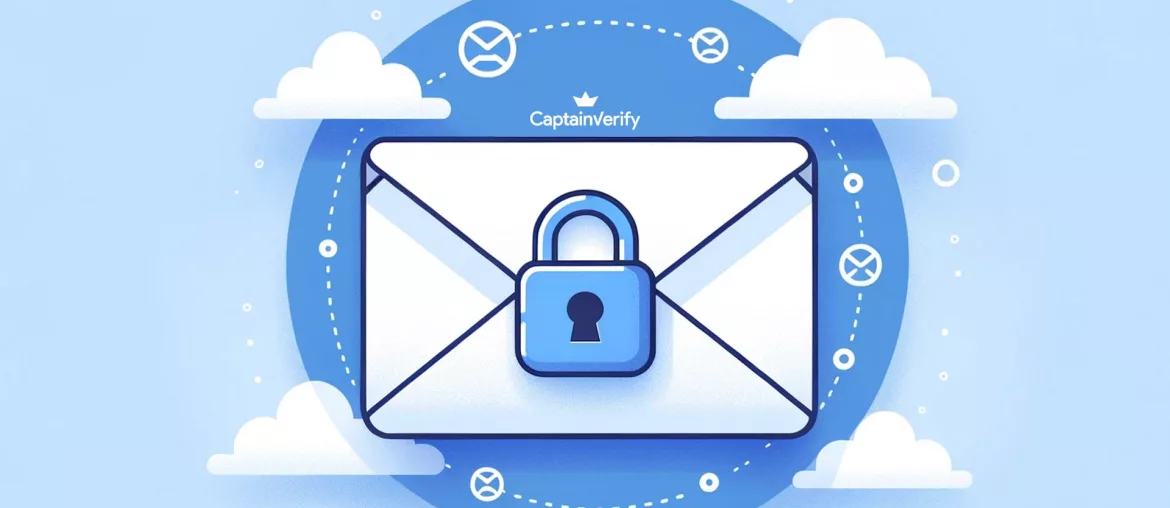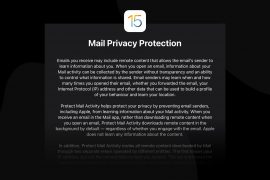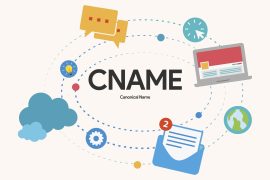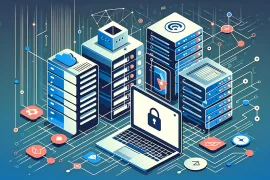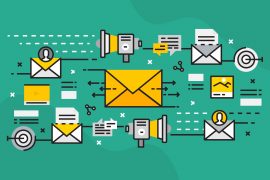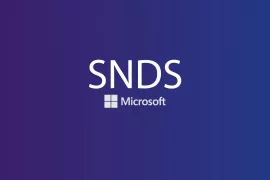Since email is one of the primary means of communication and is ubiquitous in the professional realm, robust protection is essential. Indeed, the proliferation of junk mail and phishing attacks has made email authentication crucial to ensure user trust and safety.
This is where protocols such as SPF, DKIM, DMARC, and BIMI come into play, playing a key role in guaranteeing email delivery.
What exactly is meant by email authentication?

Authenticating an email means verifying and confirming the sender’s identity, as well as the integrity of the email’s content. This verification ensures that the message truly comes from the individual or entity claiming to send it and that it has not been altered during transmission.
Email authentication is crucial for several reasons. It helps alert users to online fraud risks (like phishing), reduces spam, thus improving email deliverability, and ensures the email content has not been corrupted during transit.
Various protocols are used for this authentication, including SPF (Sender Policy Framework), DKIM (DomainKeys Identified Mail), DMARC (Domain-based Message Authentication, Reporting, and Conformance), and BIMI (Brand Indicators for Message Identification). They allow email servers to verify the sender’s identity, content integrity, and compliance with specific security policies.
SPF
SPF, or Sender Policy Framework, is an email authentication mechanism designed to verify a sender’s identity. It allows email servers to check if the originating IP address of an email is authorized to send emails on behalf of the indicated domain.
SPF is essential because it prevents your emails from being flagged as spam or rejected by recipients’ anti-spam filters. It thus proves you are a legitimate sender and, in the field of email marketing, for instance, that you’re following best practices.
DKIM
DKIM, or DomainKeys Identified Mail, is another email authentication protocol. It allows the sender to digitally sign the email using a private key. The recipient can then verify this signature using the public key available in the sender’s domain DNS records.
DKIM ensures the email’s integrity and allows the recipient to confirm the email hasn’t been modified during its transit. It strengthens trust between the sender and the recipient while reducing the risk of fraudulent emails (identity theft, phishing).
DMARC
DMARC, or Domain-based Message Authentication, Reporting, and Conformance, is an email security mechanism designed to bolster email authentication and combat phishing and online fraud attempts. It goes hand-in-hand with SPF and DKIM, providing added protection.
Senders set up a DMARC policy to tell email servers how to handle emails that fail SPF and DKIM checks. Options include rejecting, quarantining, or accepting with a warning.
DMARC helps improve the deliverability of legitimate emails by assisting email providers in distinguishing genuine messages from spam. It also strengthens trust in email communications by allowing for better message authentication.
BIMI
BIMI, or Brand Indicators for Message Identification, is a relatively new standard aimed at enhancing trust and sender recognition in emails. It enables businesses to link their brand logo to their authenticated emails via SPF, DKIM, and DMARC.
When recipients see the logo in their inbox, they’re more likely to recognize the email as legitimate, increasing the open rate.
In conclusion, SPF, DKIM, DMARC, and BIMI are essential tools. Email authentication distinguishes a real person from spam. For senders, it’s a way to prove their legitimacy and increase their chances of landing smoothly in the targeted inbox. For recipients, it ensures they receive authorized, reliable emails rather than a deluge of spam, and it safeguards against fraud. Everyone benefits!
Remember, it’s essential to test the email content after translating to ensure that HTML tags work as expected and there’s no unwanted formatting.

